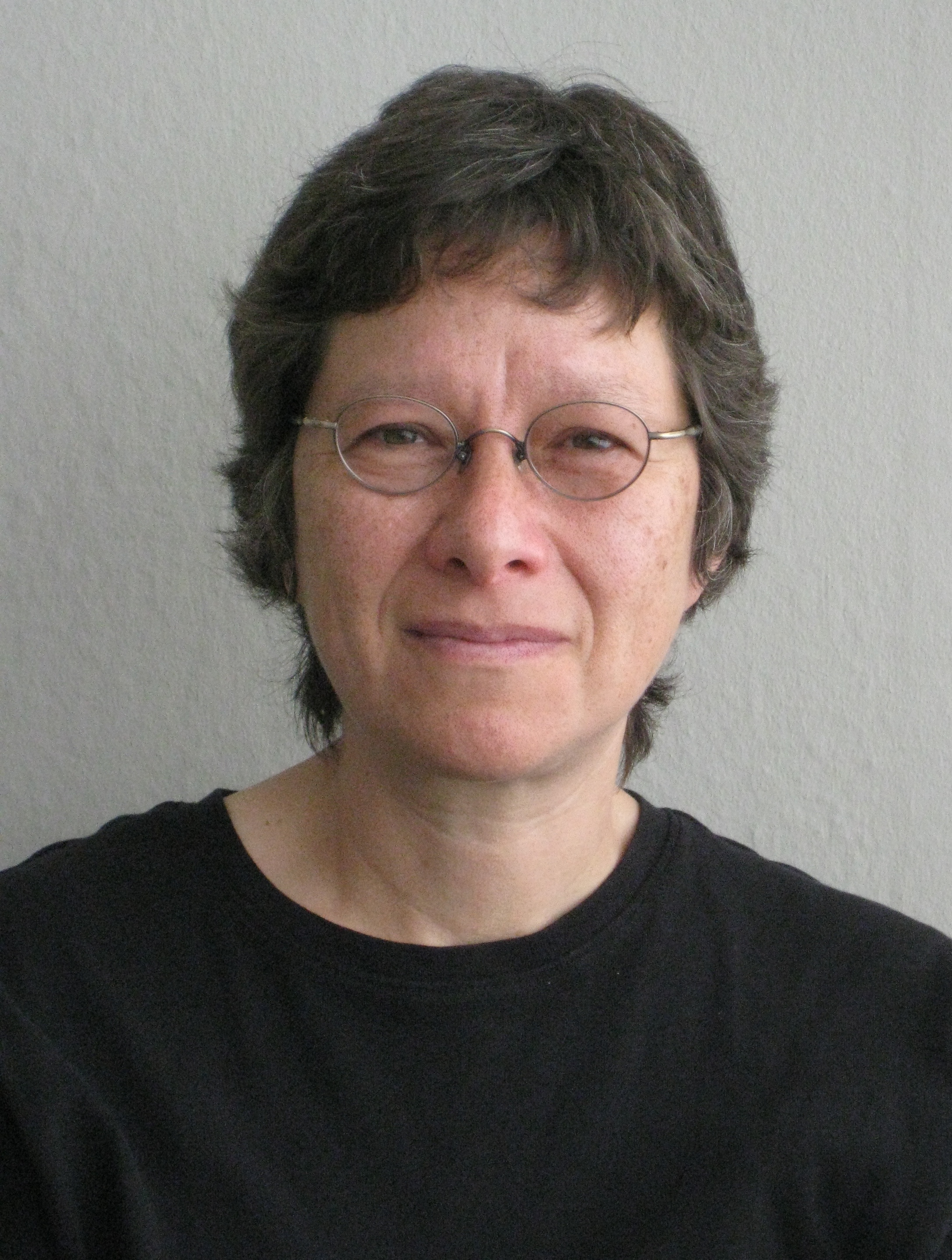environmental studies
-
Cornell raises nearly $10 million in 2008-2009; $1 million for environmental studies
MOUNT VERNON – Despite a year of economic turmoil, Cornell College could still count on its supporters to provide its students, community, and campus with one extraordinary opportunity after another.
-
Mellon Foundation awards $316,000 for Environmental Studies
MOUNT VERNON – The Environmental Studies Program at Cornell College has been awarded a $316,000 grant from The Andrew W. Mellon Foundation to enhance curriculum and further interdisciplinary study.
-
Bernthal receives National Science Foundation award
MOUNT VERNON – Jamie Bernthal, a junior at Cornell College, was recently awarded a National Science Foundation Research Experience for Undergraduates (REU) award and will utilize the nearly $6,000 award to perform environmental policy analysis.
-
Cornell receives grant to support environmental studies
MOUNT VERNON – Cornell College is pleased to announce that it has received a grant from the Margaret A. Cargill Foundation. Cornell College will receive $10,000 per year for up to five years and an additional stock gift.
-
Omaha Environmentalist Cammy Watkins Named Eco-Achiever by Glamour Magazine
Cammy Watkins ’02, has been recognized as one of 70 female eco-achievers in the April issue of Glamour Magazine.
-
Environmental writer Scott Russell Sanders to perform reading
MOUNT VERNON – Environmental writer Scott Russell Sanders will perform a reading at 7:30 p.m. Wednesday, Feb. 18, in Hedges Conference Room, Cornell College.
-
Cornell celebrates “Darwin 200”
MOUNT VERNON – In celebration of the double anniversary of Charles Darwin’s 200th birthday and 150th anniversary of the publication of The Origin of Species, Cornell College will host a number of speakers and events commemorating Darwin’s life and work.
-
Wilderness Field Station provides base camp for Boundary Waters courses
Since 1961, the Wilderness Field Station in northern Minnesota has provided Cornell students with a spectacular nature-based classroom. Academic departments ranging from biology to English to politics now take advantage of the field station during first block each year as part of the annual Cornell Wilderness Term.
-
Phi Beta Kappa Visiting Scholar Feb. 12
Anna Tsing, professor of anthropology at the University of California-Santa Cruz, will speak at Cornell College as the Phi Beta Kappa Visiting Scholar on Thursday, Feb. 12. The lecture, “Fugues for Multi-Species Living,” is a tour through a Japanese forest examining the history of co-existing species and a future in which multiple species can thrive.
-
Class of 1958 endows environmental studies
MOUNT VERNON – As part of their 50th reunion gift, the Cornell College class of 1958 has donated over $677,000 in cash, pledges, and planned gifts to Cornell to endow the environmental studies program and to fund a scholarship in environmental studies.
-
Alyssa Borowske’s research culminates in Fulbright scholarship
Science research opportunities at Cornell took Alyssa Borowske around the globe, and her efforts earned her a 2007 Fulbright grant to study the impacts of Australian magpies on native bird species in New Zealand.
-
Elizabeth Bach ’07
Elizabeth Bach ’07 earned a prestigious McElroy Fellowship as a Cornell senior, and is now studying prairie soil ecology as a graduate student at Southern Illinois University. At Cornell she majored in biology and environmental studies, with a minor in chemistry.
-
Student develops Ice Age Trail segment during Cornell Fellowship
On paper, Adam Majeski’s Cornell Fellowship in Geology Education was an opportunity to help open a new, 1.5-mile section of Ice Age Trail across a Wisconsin property. What he gained, though, were lessons in responsibility, self-direction, communication, and project coordination.
-
Student research yields climate change clues
The front lines of climate change research increasingly include Cornell undergraduates, such as Brian Hoye ’06 and Megan Andresen ’06.
-
Greenstein study shows coral migration in warming waters
MOUNT VERNON — New research by Cornell College Professor of Geology Ben Greenstein suggests that global warming may be responsible for migrating coral species along Australia’s western coast, potentially providing a safe haven for temperature-sensitive species as the oceans warm.

 Phi Beta Kappa Visiting Scholar Feb. 12
Phi Beta Kappa Visiting Scholar Feb. 12